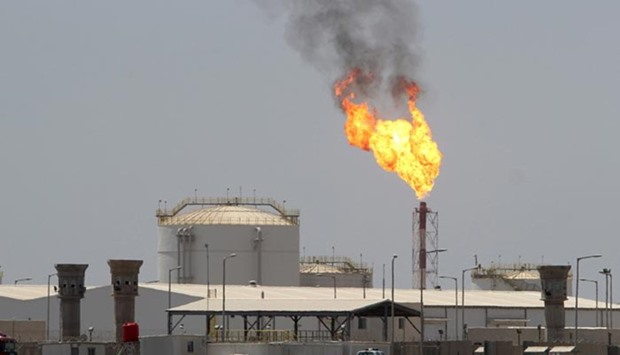A rise in Iran's crude oil exports once sanctions against it are lifted depends on future global oil demand and that should not further weaken oil prices, a senior Iranian oil official was quoted as saying.
Oil prices are likely to come under further pressure this year, when international sanctions on Iran are due to be removed under a nuclear deal reached in July. Brent crude settled at $37.28 a barrel on Thursday.
Iran has repeatedly said it plans to raise oil output by 500,000 barrels per day post sanctions, and another 500,000 bpd shortly after that, to reclaim its position as the Organisation of the Petroleum Exporting Countries' second-largest producer.
"The decision on the amount of exports highly depends on the future condition of the market. We will raise our market quota steadily," said Mohsen Qamsari, director general for international affairs of the National Iranian Oil Company (NIOC).
"We will adjust our output to the global market's demand," he told Iran's oil ministry news agency Shana on Saturday.
"We will exercise great caution to prevent a further decline in international prices and will adopt certain methods and strategies to this end," he added, without elaborating.
Oil prices fell as much as 35% for 2015 after a race to pump by Middle East crude producers and US shale oil drillers created an unprecedented global glut that may take through 2016 to clear.
The sanctions have halved Iran's oil exports to around 1.1mn bpd from a pre-2012 level of 2.5mn bpd, and the loss of oil income has hampered investments.
Qamsari said Iran would be looking to export its crude to Asia and Europe giving examples of China and India as potential buyers post sanctions. Another possibility would be buying stakes in refineries abroad, he said.
"One of the methods to ensure the country's oil sale is buying refineries in other countries but this has to be approved by the administration and the parliament," said Qamsari.
"This is a method that countries like Saudi Arabia, Kuwait, UAE, the US, China and leading oil giants like Royal Dutch Shell and BP have adopted and we should not stay behind them in this field."

